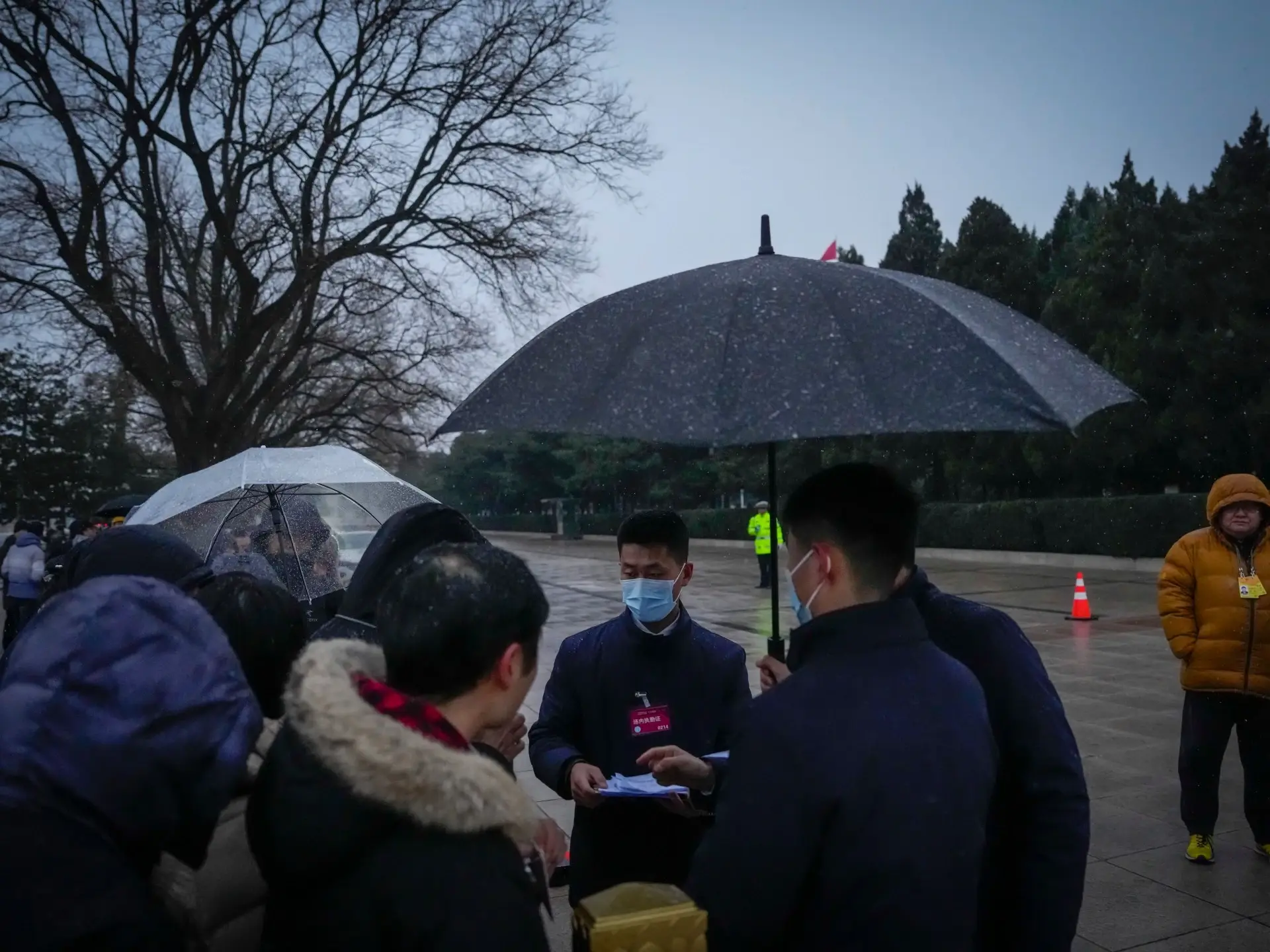- cross-posted to:
- globalnews@lemmy.zip
- news
Under President Xi Jinping, the Chinese government has called for “telling China’s story well” and spreading “positive energy”.
Since Xi came to power in 2013, the media environment has tightened. Internet freedom has also declined.
In Freedom House’s 2023 report on internet freedom around the world, China was rated “not free: with a score of only nine points out of 100, one point less than the year before.
In RSF’s World Press Freedom Index, meanwhile, China fell four spots compared with 2022, ranking second to bottom and just above North Korea. More journalists are currently in jail in China than anywhere else in the world.
“There has been a very clear development towards greater state control over the media in China in recent years leaving very little space for media,” Alfred Wu, a scholar of public governance in China at the National University of Singapore, told Al Jazeera.
This development has also affected state media, according to Yuan at Rutger’s University.
“Under the rule of President Xi Jinping, state media in China have been consolidated and aligned closer with the ideology of the CCP,” he said.
"This involves regular ideological education and training, aiming to make sure that reporting reinforces Xi Jinping Thought [Xi’s ideology] and the objectives of socialism with Chinese characteristics, and this is why we are witnessing foreign staff members resigning from media outlets like [formerly more independent media company] Sixth Tone.”


